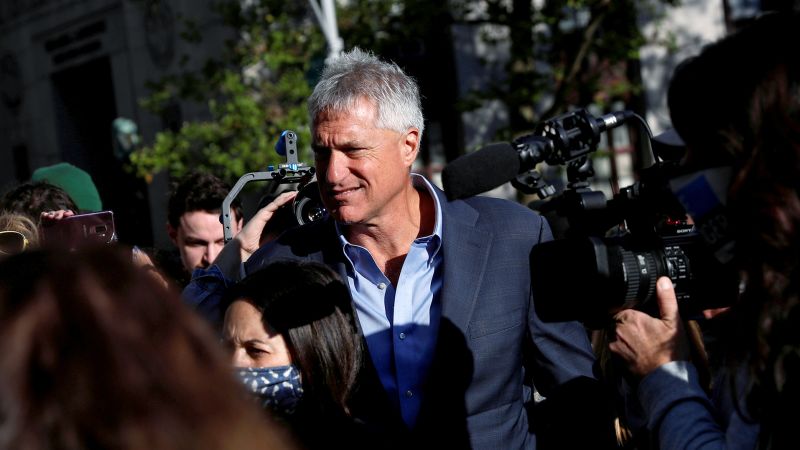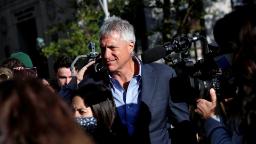

CNN
—
The US Supreme Court left in place the conviction of attorney Steven Donziger – a long-time foe of Chevron Corp. – who sought to challenge the appointment of private attorneys to prosecute criminal contempt of court.
In the 1990s, Donziger represented thousands of farmers and indigenous people who, he said, suffered environmental and health problems caused by oil drilling in Ecuador. An Ecuadorian court awarded the plaintiffs $9.5 billion in damages. Chevron later withdrew its assets from Ecuador and fought Donziger in the US, arguing that he procured the Ecuadorian judgment through bribery and fraud.
After Donziger declined to provide information about his electronic devices, he was charged with contempt of court. The matter had been referred to the US attorney for the Southern District of New York, who declined to prosecute due to resource constraints. The judge then appointed three private attorneys as special prosecutors.
Donziger moved to dismiss the charges on the theory that the court’s appointment of the special prosecutors violated the Appointments Clause of the Constitution. In addition, he claimed that the lawyers had not been sufficiently supervised by the Department of Justice in order to satisfy the separation of powers.
“The Appointments Clause,” Steve Vladeck, a lawyer for Donziger argued, requires “that the officers be subject to supervision and direction by a principal officer.” Vladeck also serves as a CNN legal analyst.
The Justice Department responded in court papers that “even a court-appointed special prosecutor remains subject to the Attorney General’s direction and control.”
Justices Neil Gorsuch and Brett Kavanaugh said that they would have granted Donziger’s appeal.
In dissent, Gorsuch, joined by Kavanaugh, wrote that “however much the district court may have thought Mr. Donziger warranted punishment,” the prosecution “broke a basic constitutional promise essential to our liberty.”
“In this country, judges have no more power to initiate a prosecution of those who come before them than prosecutors have to sit in judgment of those they charge,” Gorsuch wrote.
This story has been updated with additional details.
